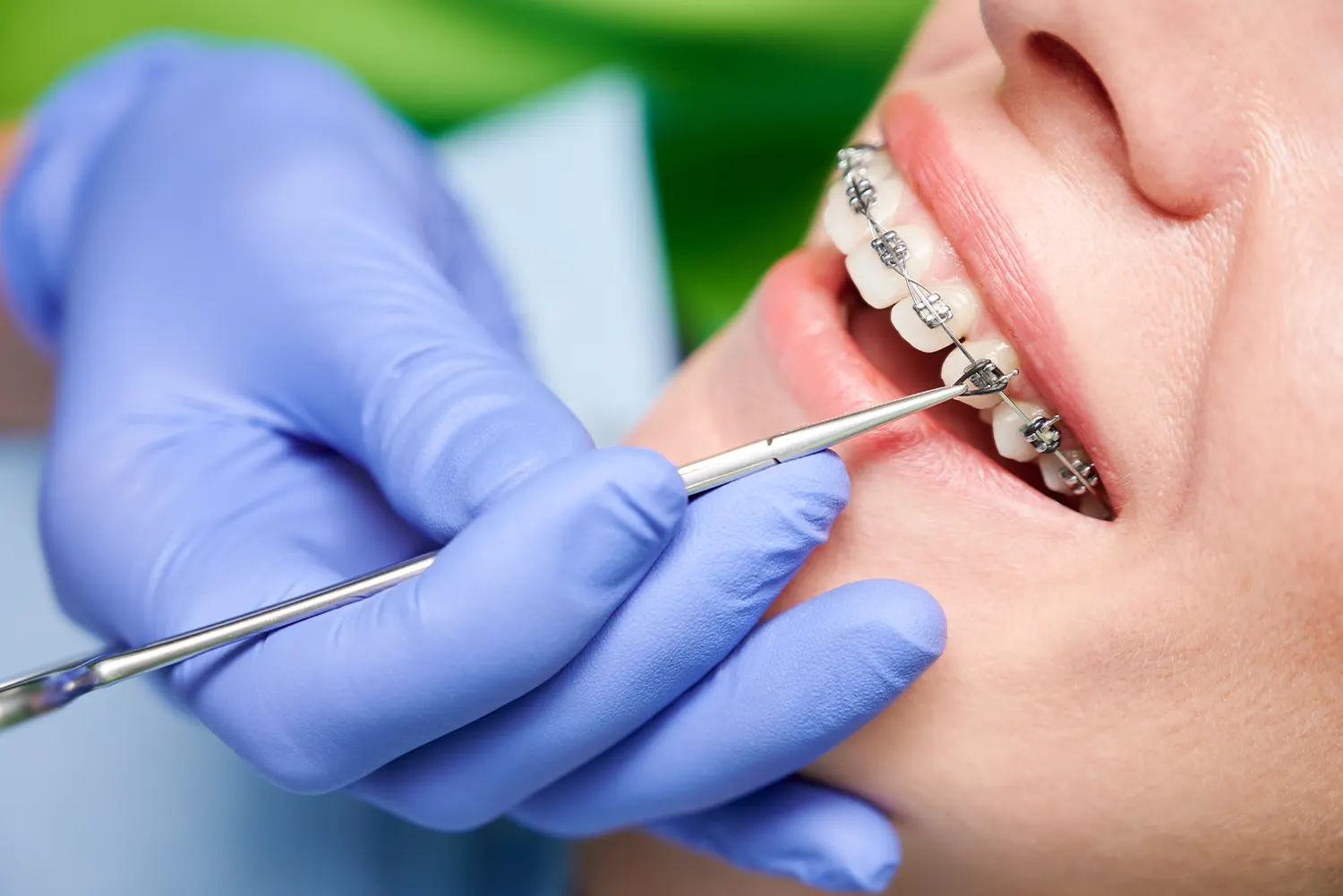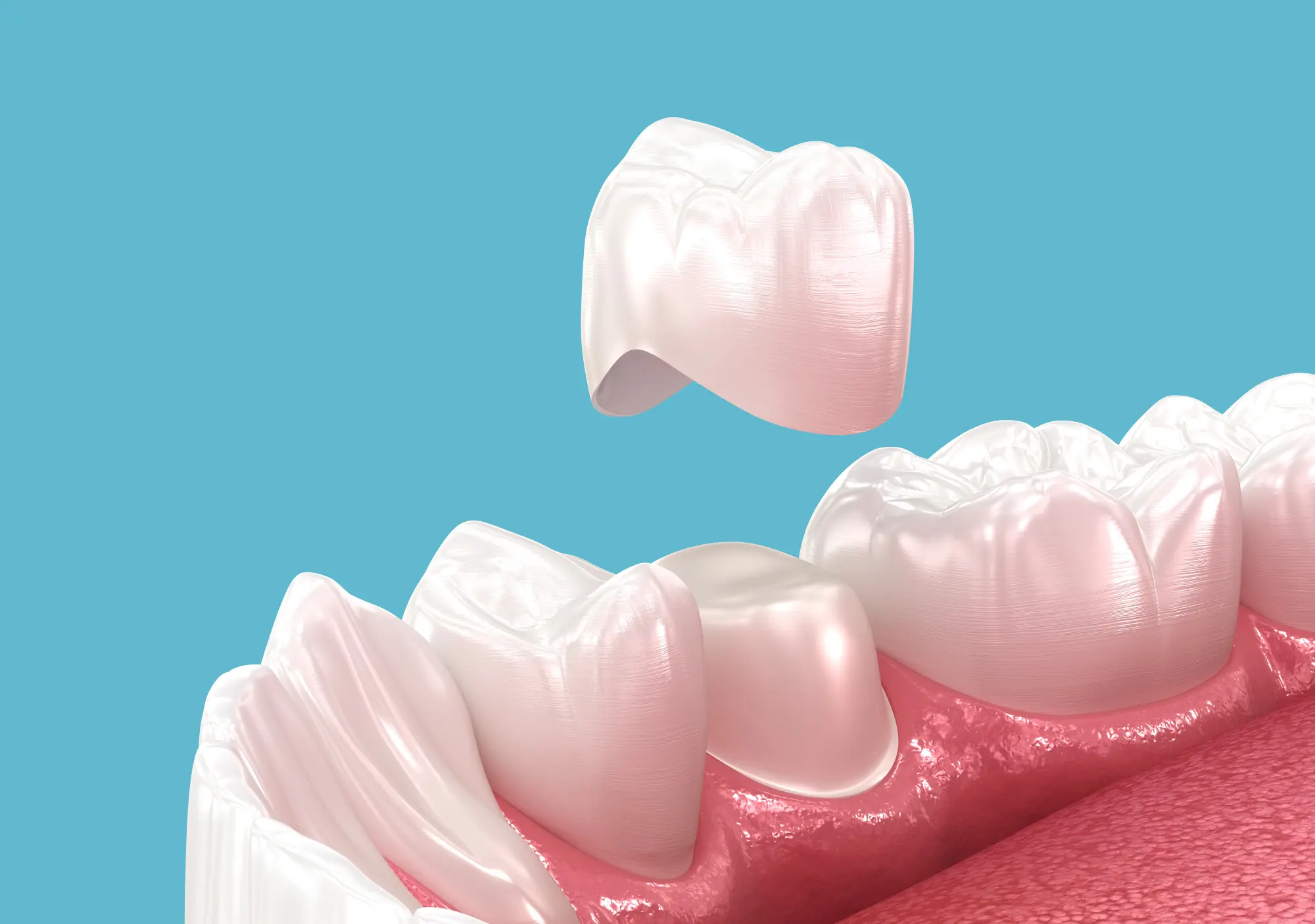Blog

1/28/2026
Adult Braces or Clear Aligners? Choosing Your Path to a Straighter Smile
Both adult braces and clear aligners aim to correct alignment issues, but they differ in appearance, maintenance, and treatment time.


Adult Braces or Clear Aligners? Choosing Your Path to a Straighter Smile
Both adult braces and clear aligners aim to correct alignment issues, but they differ in appearance, maintenance, and treatment time.
Read More

One-Visit Wonder: Getting Your Dental Crown Done in a Single Appointment
When you have a painful or broken tooth that needs a dental crown, the last thing you want is multiple appointments, temporary crowns, and weeks of waiting.
Read More
%20(1).jpg)
Welcome to Century Dental
Dr. Call and Dr. Simnitt are committed to providing high-quality, compassionate care for their Hillsboro community. As native Oregonians, they understand what makes the community tick, and they use their local knowledge to provide the best possible care for each patient they see. With extensive experience in a variety of treatment modalities and a passion for helping patients thrive, our doctors will ensure that your smile is in good hands.
Read More
.avif)
